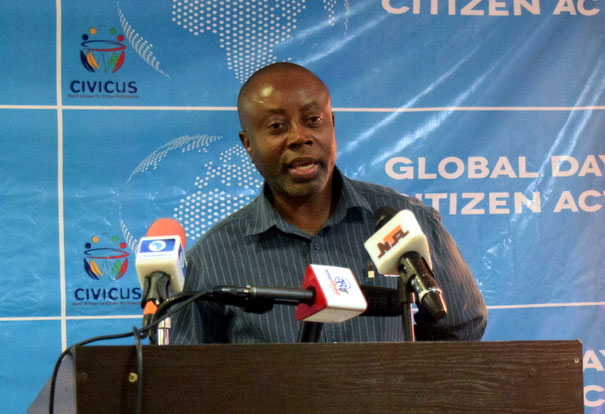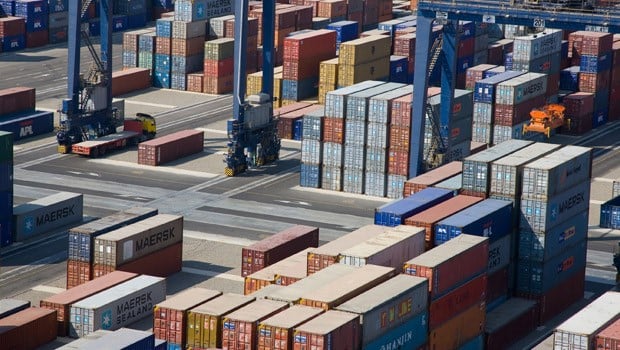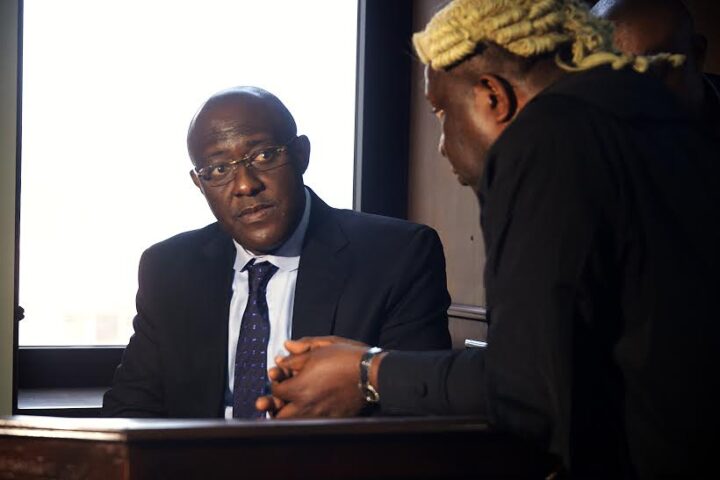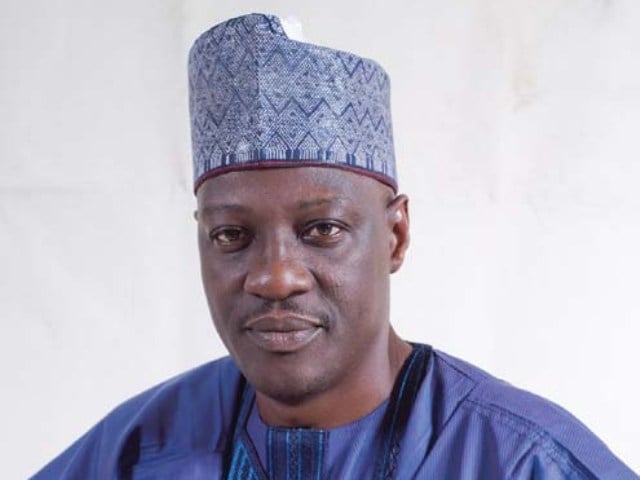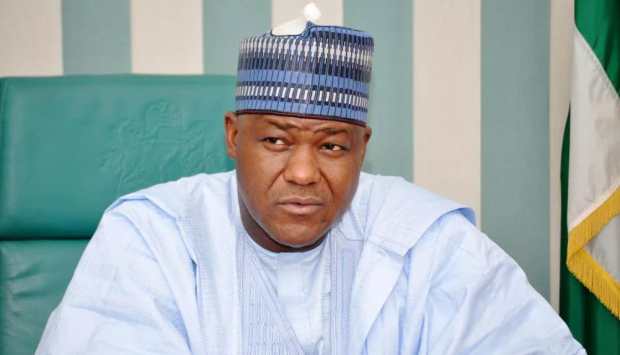BY YINKA OLAITO
While we do not like to sound pessimistic, the context and narratives of education, especially in the public basic level, seems to be on a downward trend. In the past two to four decades, an average Public basic school leaver can do a lot more than what we have now, albeit academically.
Even though the learning opportunities and access to new learning tools had been dramatically increased, our public schools system is still bedeviled with lots of challenges. There are issues relating to over-stretched infrastructure, old and outdated curriculum, out of school children, dwindling investment in the sector as well as teachers’ quality, capacity and commitment.
In the last development goals (Millennium Development Goals) set by United Nations, Nigeria could not achieve many of the goals majorly because of lack of Political will and sustainable commitment to most of the goals. The minimum percentages of budget allocations which could have allowed goal achievements in these different sectors were not adhered to. In cases where we had something close, the system as well as the usually flawed implementation process destroyed any hope of achieving the set targets.
Today, we have another opportunity, a new slate to rewrite our history through the Sustainable Development Goals. Education is so important hence it is prioritized in goal 4. In Nigeria of today, we are now in the era of change. There is a demand on everyone to sit up and come up with workable solutions that can handle our national challenges instead of just whining, complaining about things that are not working. We have the potential to make things work if we are ready. The challenge is to get the right framework in motion, back this up with the necessary political will and get average Nigerian on board so they see the process as their own and not ‘what they want to do’.
Advertisement
Though we must acknowledge Nigeria is facing a very difficult and challenging time. In such a time like this, everyone must be ready to make necessary sacrifices and take personal responsibility for their well being while waiting for the tide to shift.
Today, the price of crude oil is beyond what we could imagine. It must be agreed the handwriting had been on the wall for a long while only that we refused to read the warning signs until we are now grounded. Government has no money to spend on basic things again and in many instances investment in human capacity development across sector will continue to suffer.
But as professionals, can we say because our employer is no longer investing in our capacity development, then we must allow our skills to become outdated and rotten in the market place? Those who live this kind of lifestyle will soon discover to their own surprise that the world had left them behind. This is a calamity which had befallen many frontline companies. Many of these companies are now rested. While we do know employers of labour have a duty to put in place a sustainable plan for employees’ skill enhancement, a forward looking employee who sees tomorrow as vital do not wait for godot that may not come.
Advertisement
Our basic school teachers today must note with a sense of responsibility that what they do, even if no one appreciates their efforts, is very fundamental in the journey of a child’s quest for quality education. Gene (2005) considers lack of quality basic education as a destroyer of children mental capacity/potentials in developing Countries. A major factor in this regard is teachers’ professional performance.
Ige (2014) identifies 6 major challenges to Education For All goal achievement in Nigeria. Among these, he categorized ‘inadequate, low quality and non-commitment of teachers as very critical. Nigeria seems to be in danger as quality of teachers’ capacity in basic school coupled with high Pupils/Teachers’ ratio in many Public basic schools.
Burns and Lawries (2005) assert ‘teachers’ professional performance is in crisis in many developing Countries. Since teachers’ quality, performance at the basic level is this essential, concerted efforts from varied stakeholders are required if Nigeria must produce quality and qualified workforce.
In resolving this, we call on everyone, teachers, administrators, policy makers and other stakeholders in education sector to put in their own widow’s mite. We also call our basic school teachers’ attention to the need to invest in themselves despite personal challenges they may be facing. They should seek way to do this without breaking their own pockets.
Advertisement
An appeal must be made also to Federal and State education administrators, policy makers to please make required commitment to ensuring adequate financial allocation is made for this critical sector at the foundation of quality human resource of any nation.
Lastly we appeal to State education administrators and Policy makers to encourage Non Profit organization/NGOs that show interest in helping out in this sector by creating enabling environment which encourages their intervention.
Olaito is a communication and media specialist
Advertisement
Views expressed by contributors are strictly personal and not of TheCable.

